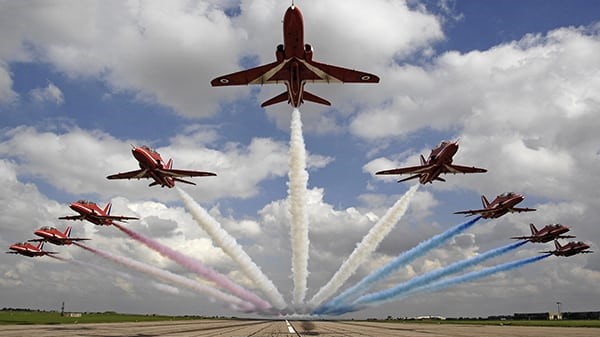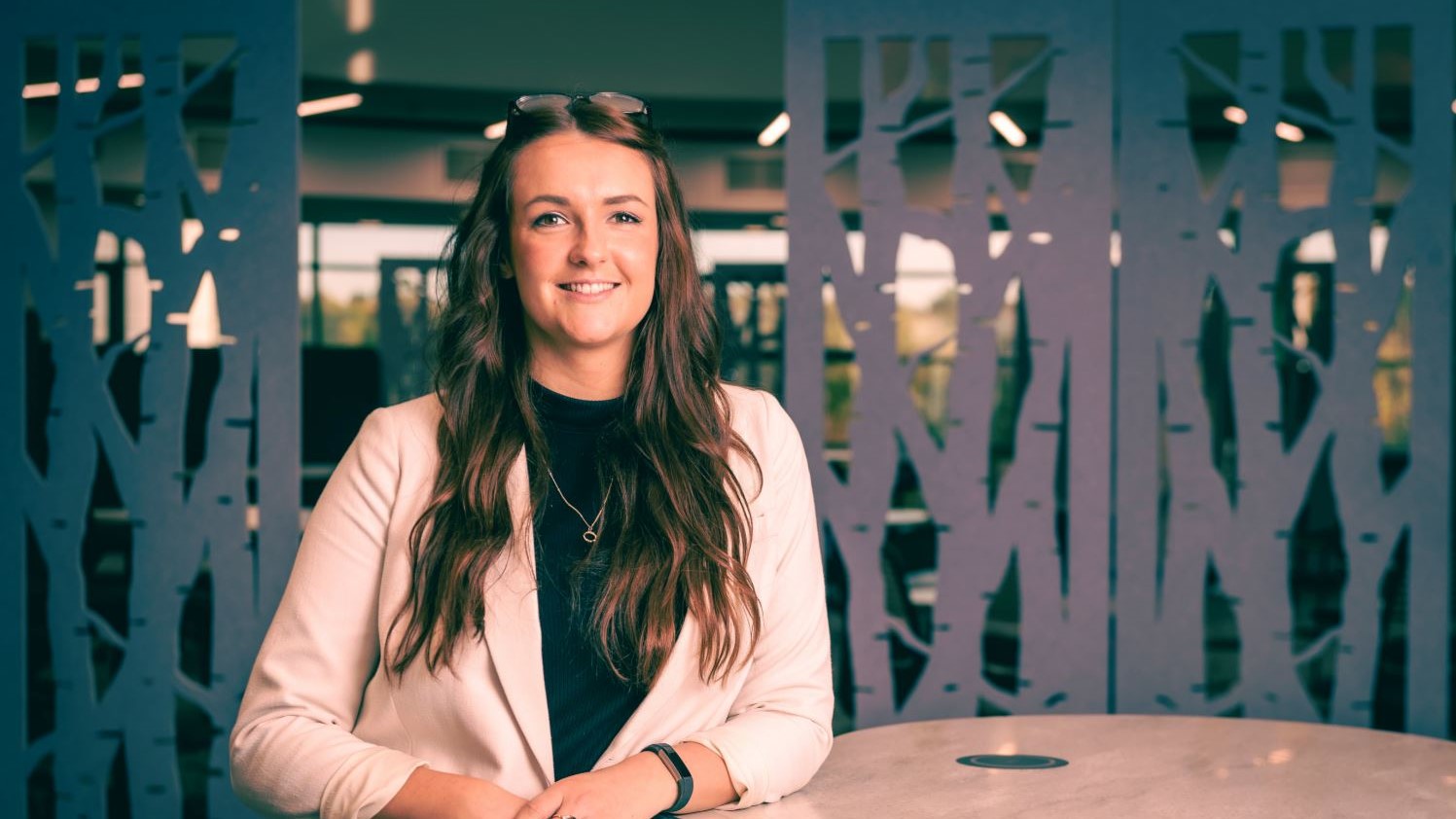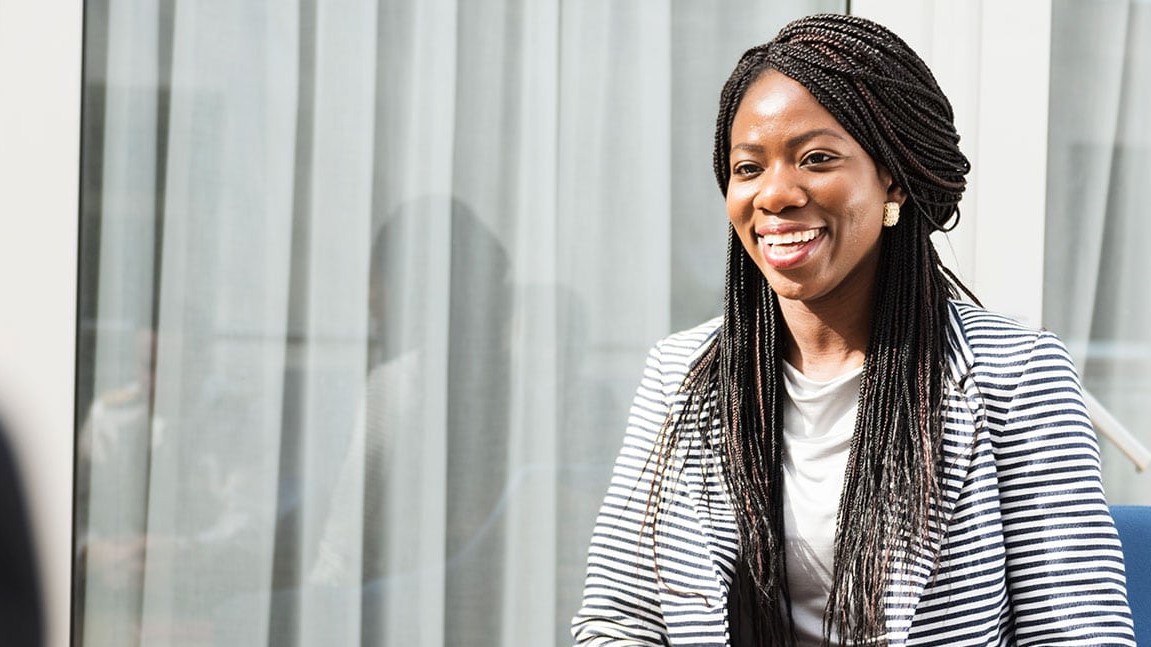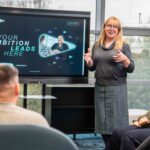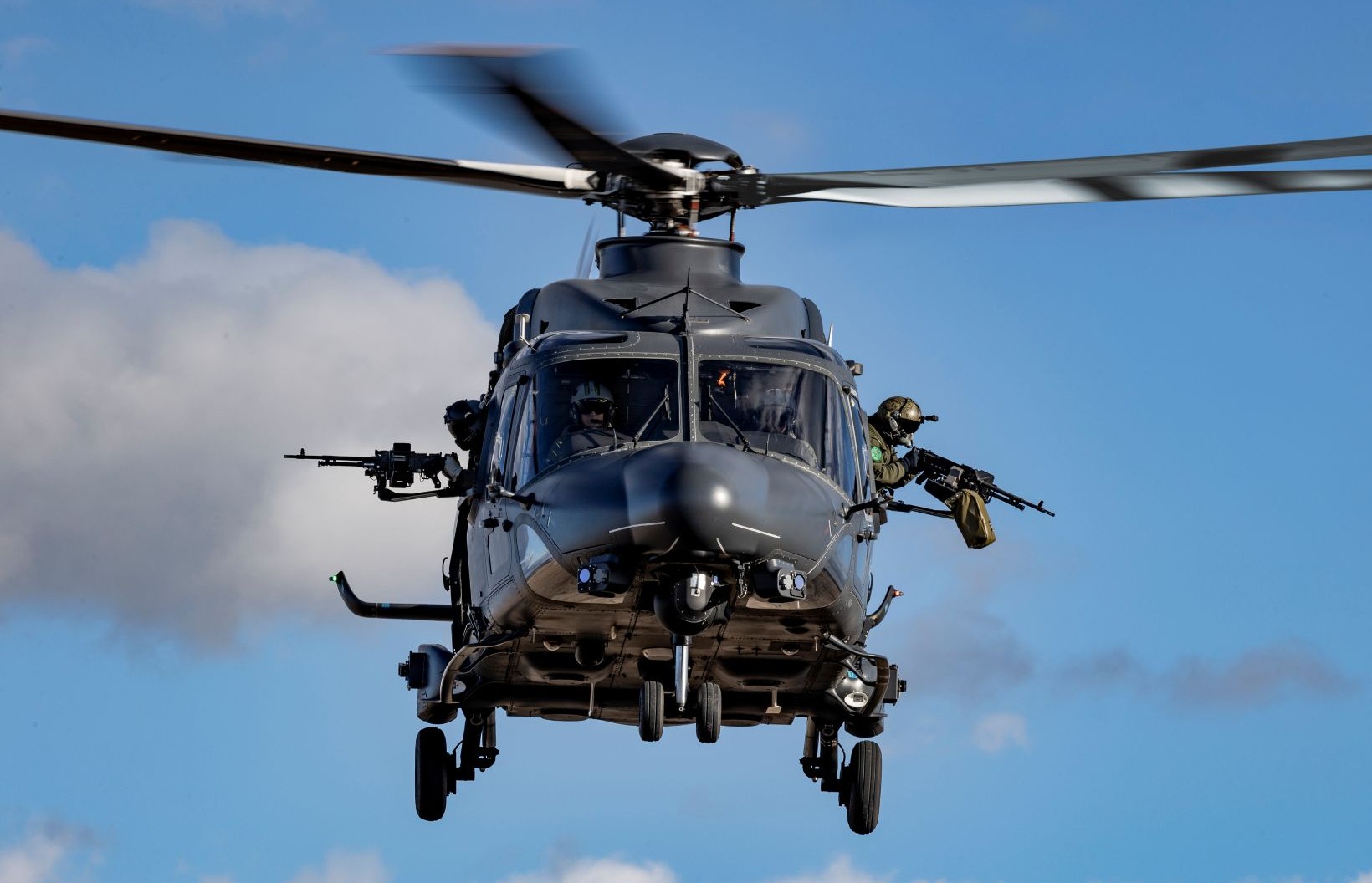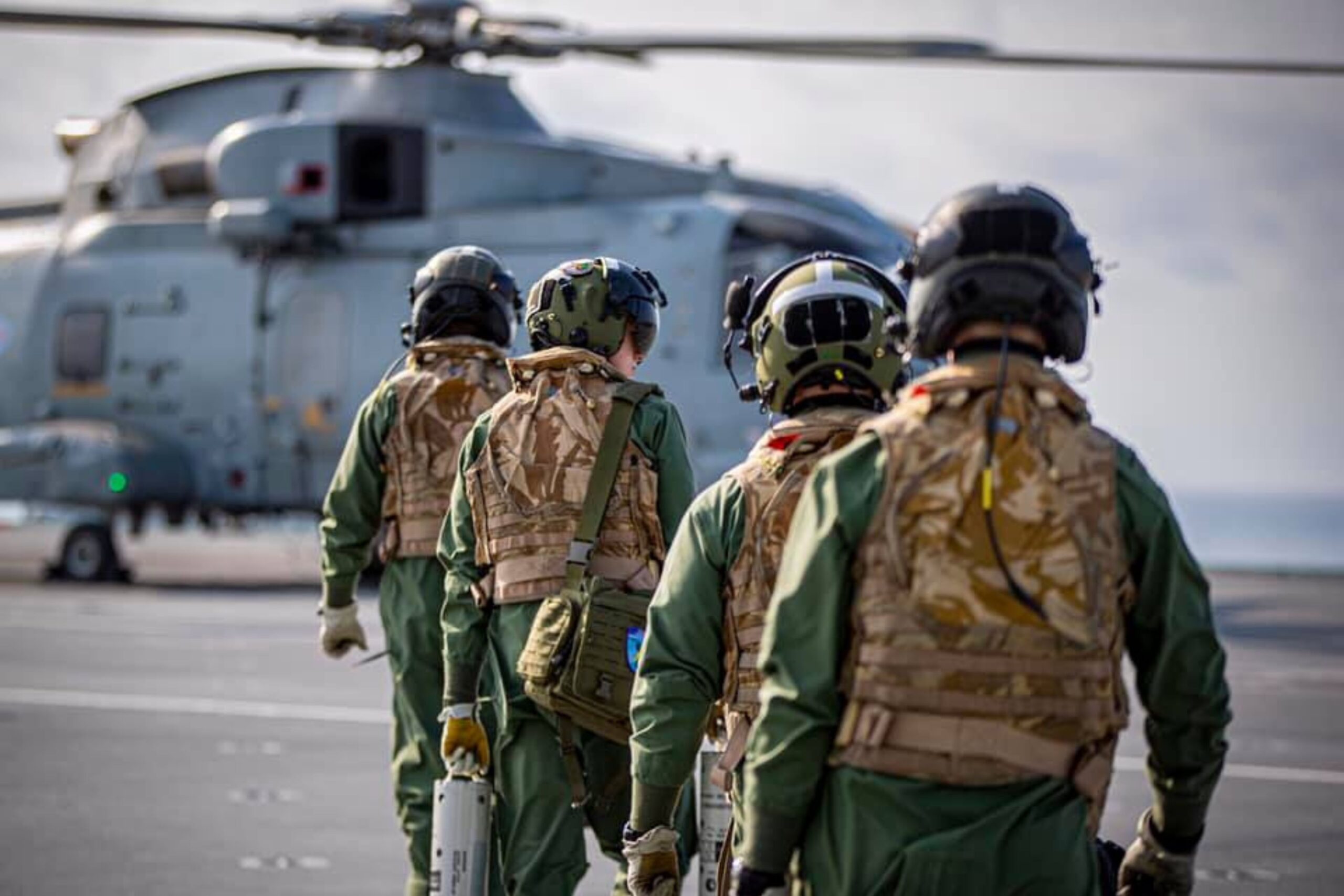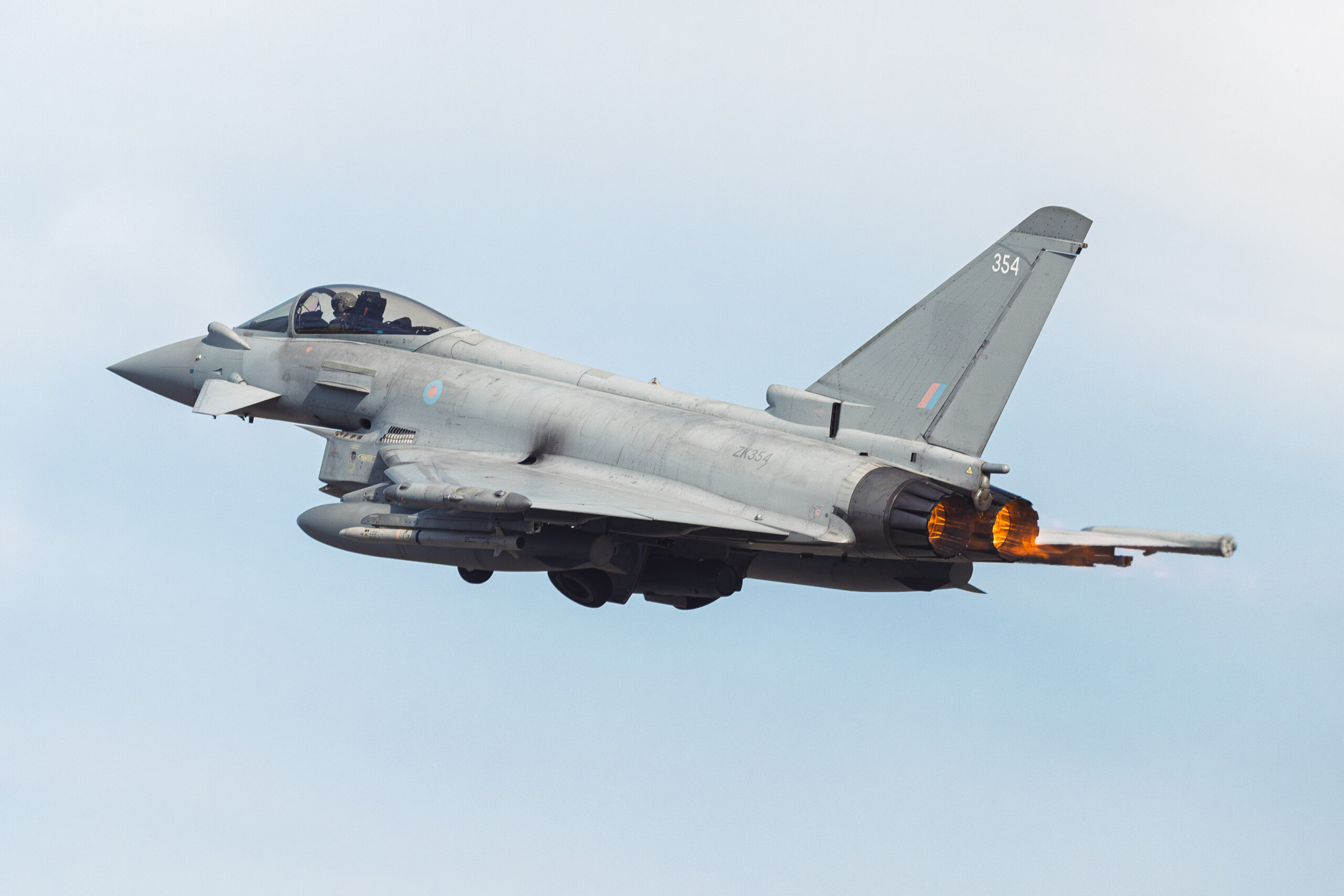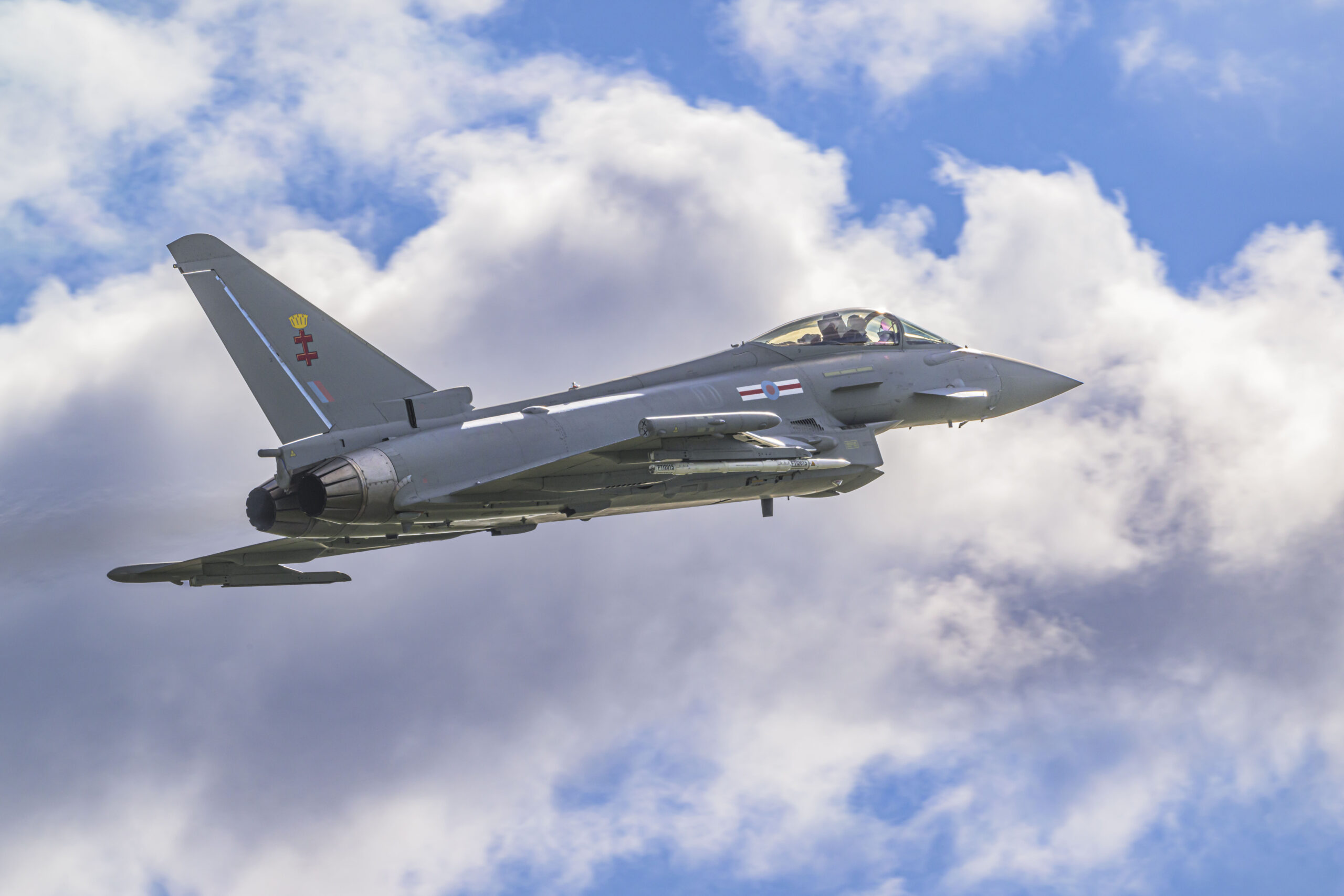Published 13 November 2024
Share this story
We are delighted to be celebrating National Engineering Day 2024 at DE&S by recognising the many brilliant engineers we have inspiring the next generation.
National Engineering Day, led by the Royal Academy of Engineering (RAEng), aims to make the UK’s engineers more visible and celebrates how they improve everyday lives and shape the world around us.
Take a look at our recent Q&As with our inspirational engineers who are making a difference every day.
Major General Anna-Lee Reilly, RAEng Fellow and DE&S Head of Strategic Capability, Engagement and Operations
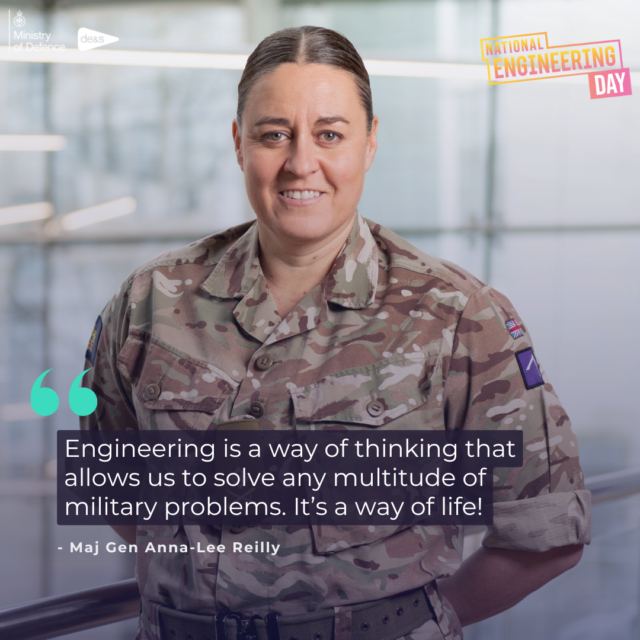
Who or what inspired you to get into engineering?
I honestly got into engineering by accident. Although I did an Information Systems degree at university, it wasn’t until I joined the Army and went to Sandhurst that I realised what engineering could offer. I joined the Royal Electrical and Mechanical Engineers (REME); I got my degree chartered in 2010 and haven’t looked back since.
Who is your engineering role model?
Historically it would be someone like Isambard Kingdom Brunel who built the 2-mile Box Tunnel near our house. He was a true innovator, who had the determination to experiment even when it didn’t work. We often learn more from our failures than our successes, I certainly have. One of Brunel’s biggest failures can be found in Devon where I grew up – the Atmospheric Railway – a complete disaster!
What does your role involve at DE&S and what do you find most rewarding about it?
As the Director of Strategic Capability Engagement and Operations (SCEO) I run a team that provides upstream operational, industrial, and international intelligence to our current and future equipment programmes in the Gateway and across the rest of DE&S. My teams include the Operations Team, the International and Industrial Cooperation (I&IC) Team and the Future Capabilities and Innovation (FCI) Team. The most rewarding part is coordinating DE&S’ support to support the Armed Forces of Ukraine, and then bringing back that technology and innovation to our own UK equipment programmes.
What advice would you give to others looking to pursue an engineering career in Defence?
As I tell my kids, engineering matters. It underpins every aspect of our daily lives, drives economic growth, and plays a critical role in addressing our major global challenges. In Defence, it is critical to every bit of capability that we give to our soldiers, sailors, and aviators. But engineering is more than that, it’s a way of thinking that allows us to solve any multitude of military problems. Engineering is a way of life!
Lauren Jenkins, People Coach
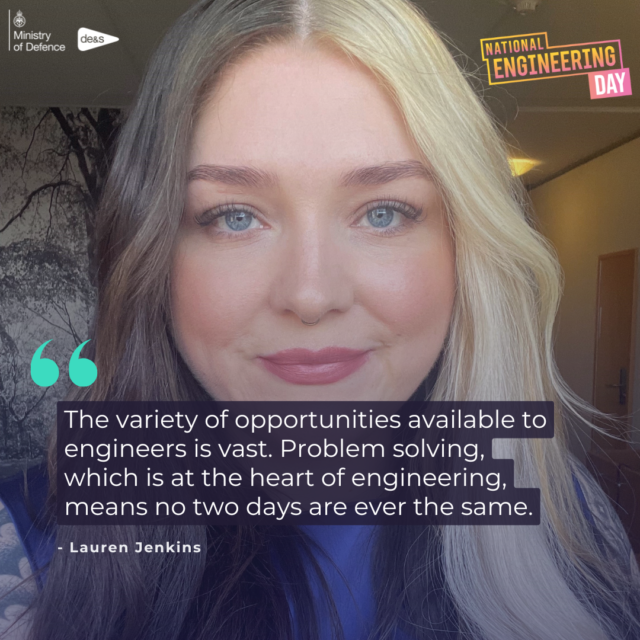
Who or what inspired you to get into engineering?
I was always good at physics and maths in school. I’d planned on being a doctor as I wasn’t really that aware of engineering as a career path, even though my dad is an engineer! I realised early on that being a doctor wasn’t for me, and luckily attended an engineering Open Day at a university near to my school with my A-Level Physics class and the rest is history!
Who is your engineering role model?
I don’t really have a specific engineering role model but I’ve been lucky to work with some very inspiring engineers in DE&S, so I guess the real answer is that my colleagues are my role models.
What does your role involve at DE&S and what do you find most rewarding about it?
I am a People Coach to 28 Engineers working at DE&S. I have always found coaching and mentoring others to be really rewarding and this job allows me a lot of time to do that.
What advice would you give to others looking to pursue an engineering career in Defence?
I would encourage everyone to consider engineering as the variety of opportunities available to engineers of all disciplines is vast. Problem solving, which is the heart of engineering, means no two days are ever the same. In particular for Defence, being an engineer means you get to make a real difference to our Armed Forces.
Jordan Burrows, Lead Uncrewed Air Systems Engineer
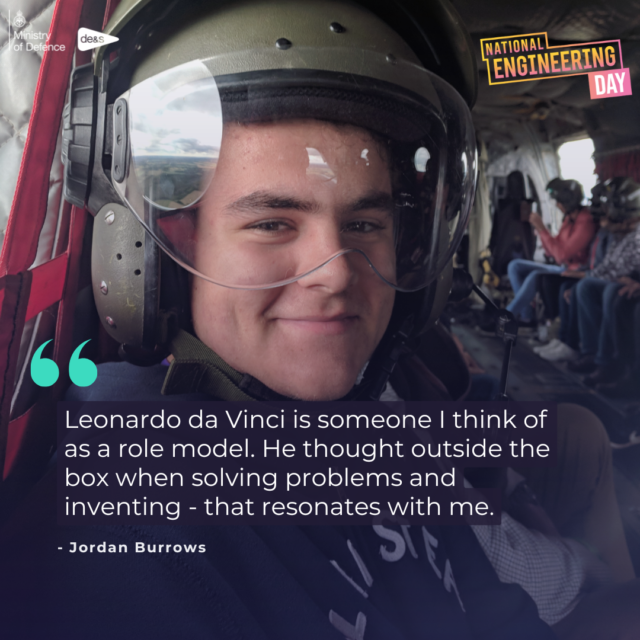
Who or what inspired you to get into engineering?
I always enjoyed the challenge of solving problems when I was younger, trying to understand how things like planes, cars and computers worked and the reasons behind why they worked. Engineering runs in my family, so that has also had an influence on the choices I made to get to this point.
Who is your engineering role model?
Leonardo da Vinci is someone I think of as a role model. He thought outside the box when solving problems and making new inventions and that resonates with me in my day-to-day. Just because there is a generally accepted way to do something, we should always be on the lookout to improve and do better.
What does your role involve at DE&S and what do you find most rewarding about it?
My role involves experimenting with uncrewed systems, trying to understand how they might offer best utility in specific operating environments and inform future procurements. I work collaboratively with other members of the team, end users and regulators alike in the design and delivery of trials to ensure that they’re delivered safely and inform customer aspirations. The most rewarding part for me is seeing the impact and difference new capabilities can make to our Armed Forces.
What advice would you give to others looking to pursue an engineering career in Defence?
My piece of advice would be that there are a lot of opportunities on offer within Defence, and to take every opportunity presented to you, as you never know where it may take you!
Aditee Desurkar, Uncrewed Air System Programme Lead Engineer
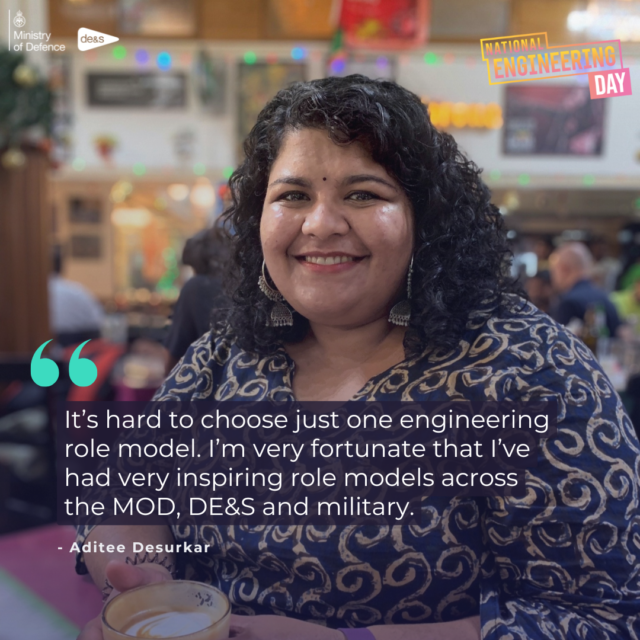
Who or what inspired you to get into engineering?
It was a combination of things, I grew up watching fighter jets fly over my house, so I loved planes from an early age. Growing up in India, engineering or medicine were the expected choices – it just so happened that I liked planes more than people!
Who is your engineering role model?
It’s hard to choose just one engineering role model. I am very fortunate that I’ve had very inspiring role models in the MOD, across DE&S and the military.
What does your role involve at DE&S and what do you find most rewarding about it?
I work in a delivery team that specialises in emerging technologies and novel, future air capabilities, working to accelerate capability delivery to UK Defence. I am the lead engineer for an early lifecycle Uncrewed Air System programme, which involves everything from ensuring our requirements are appropriate and achievable to making sure the aircraft can fly safely. The most rewarding part of my job is the delivering capability to the end user.
What advice would you give to others looking to pursue an engineering career in Defence?
Defence is a huge industry with lots of opportunity in a variety of areas. You don’t have to decide what you’re going to do at the start of your career, there is plenty of opportunity to change your workstreams. If you love to solve problems, engineering will be a good fit.
Katherine Owen, Engineering Safety Manager (Air)
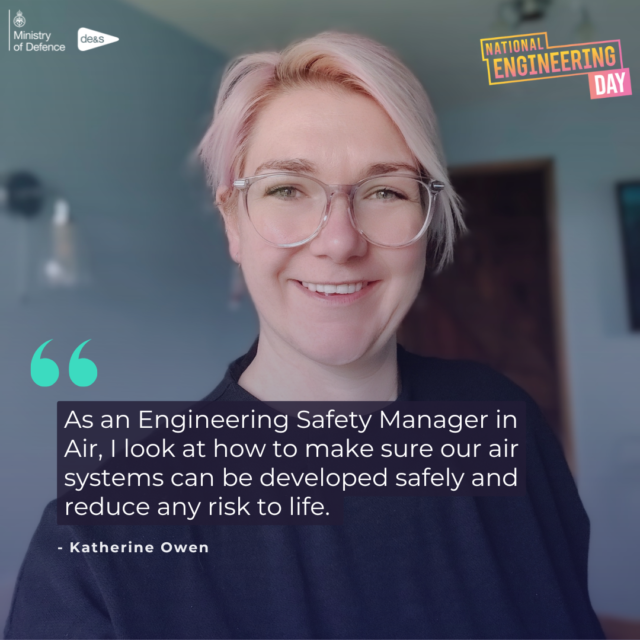
Who or what inspired you to get into engineering?
When I was 17 and trying to decide what to do at university, I had no idea what engineering was – to me it was fixing cars or washing machines. I went to an Open Day at the local university where you could go round departments to see what different courses offered, and I ended up at a talk about aerospace engineering. As an Air Cadet, I found it really exciting and knew then that would be my university choice.
Who is your engineering role model?
I don’t have any specific role model, but I admire a lot of the engineers around me and get a lot of inspiration from other people in DE&S.
What does your role involve at DE&S and what do you find most rewarding about it?
As an Engineering Safety Manager within Air I look at how we make sure our air systems can be developed safely and reduce any risk to life. I like the fact that as a Safety Manager I get to see the whole picture around whichever platform I’m working on and get to work with lots of experienced people to understand and manage the risk involved.
What advice would you give to others looking to pursue an engineering career in Defence?
Get involved in science, technology, engineering and maths (STEM) activities outside normal lessons or the workplace if you can. Take control of your career – find out about different roles and what type of experience and skills they need and work towards those. Talk to as many other engineers as you can!

